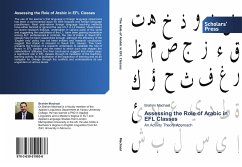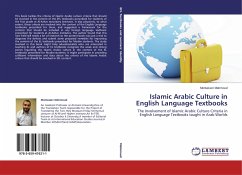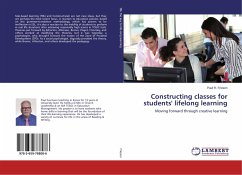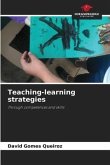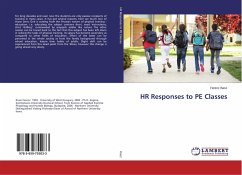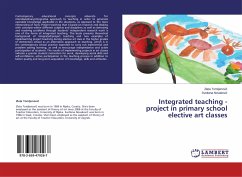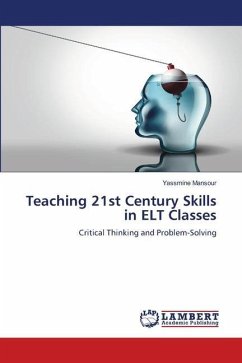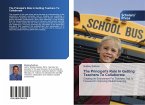The use of the learner s first language in foreign language classrooms has been a controversial issue for both linguists and foreign language practitioners. Most post-reform foreign language teaching methods have either banned or ignored the use of L1 in L2 classes. Views based on recent research findings, undertaken in various parts of the world and suggesting the usefulness of the L1, have been gaining momentum among ELT professionals.In contrast, the role of Arabic in Saudi EFL classes has not been researched enough, although the efficiency of the English only policy has not been evident and research conclusions suggest that Arabic is misused in Saudi EFL classes. This book presents the findings of a research undertaken to establish the role of Arabic in EFL classes and the extent to which such role shapes the stakeholders attitudes.The final conclusions suggest that Arabic plays a significant role in EFL classes through its mediation of the teaching-learning activity, its itsfacilitation of the expansion of learning and as an instigator for change through the conflicts and contradictions its use engenders at various levels.
Bitte wählen Sie Ihr Anliegen aus.
Rechnungen
Retourenschein anfordern
Bestellstatus
Storno

